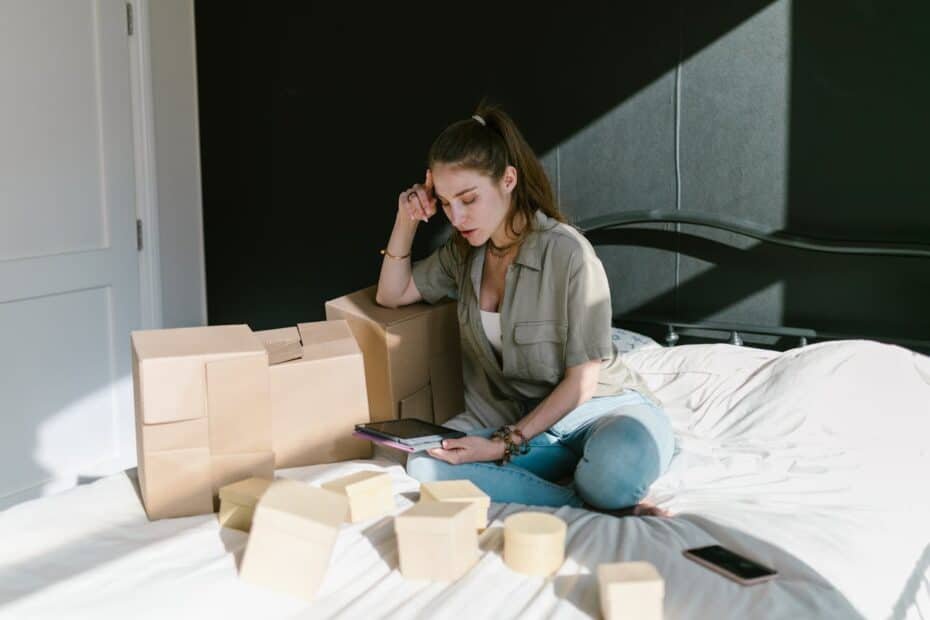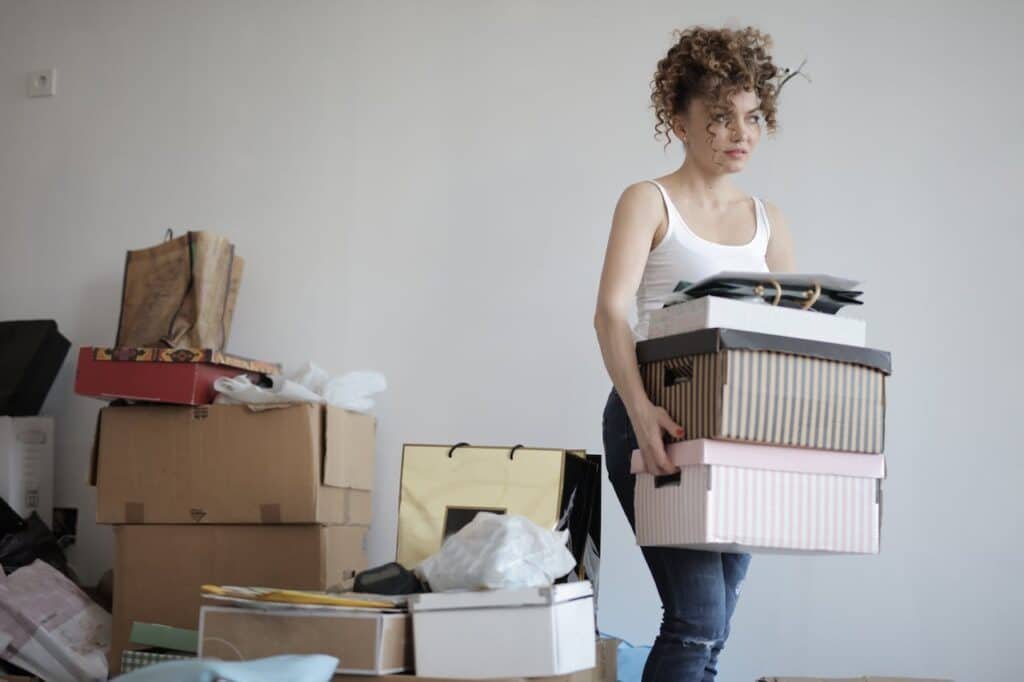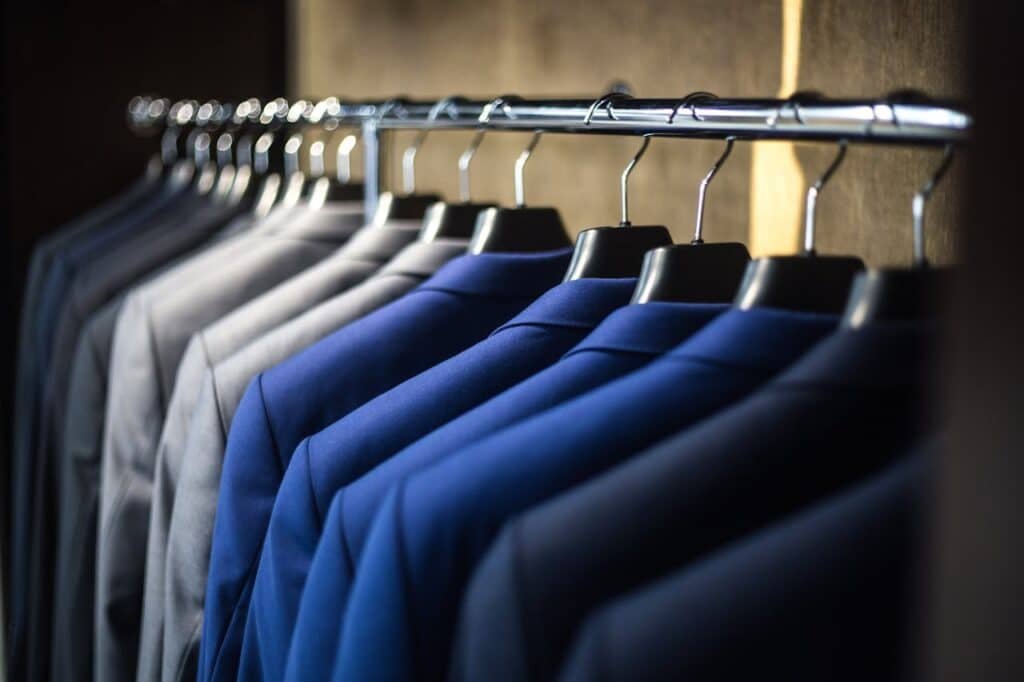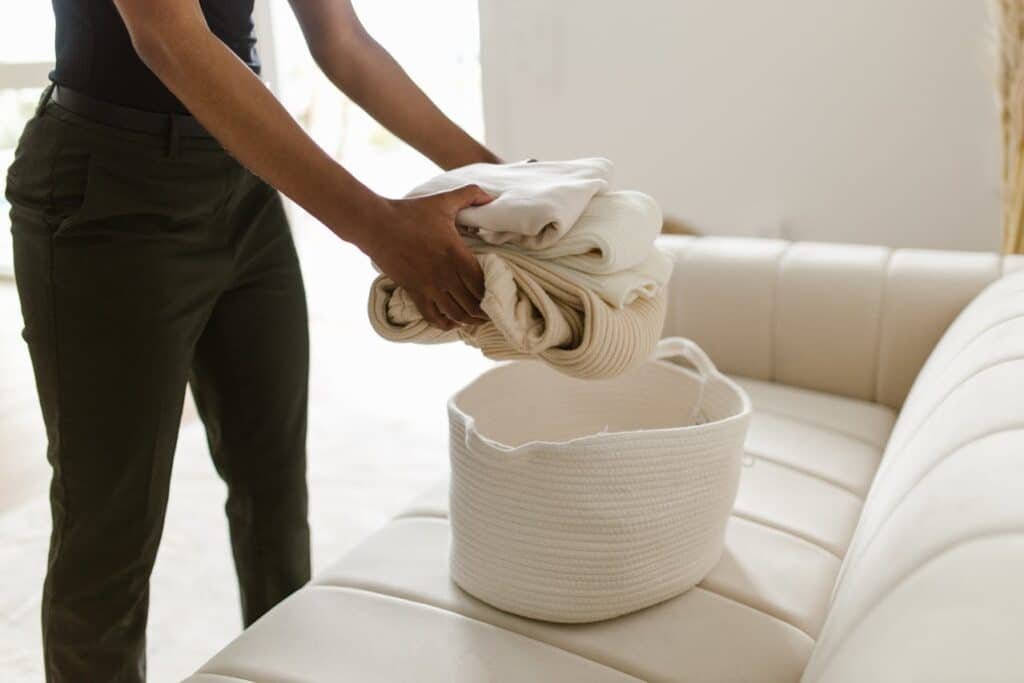Our storage choices reflect our emotional well-being more than we might think. The way we store our belongings, from the tidiness of our closets to the clutter in our living spaces, can reveal a lot about how we feel and how we handle stress, organization, and even change. Understanding the storage wars between our emotional well-being and storage choices can help us make positive changes that improve our mental health.
The Link Between Storage and Emotional Health
Our living spaces often reflect our inner state. When we face stress, we might notice our homes becoming messier. The act of organizing and making decisions about what to keep and what to let go of can impact our emotional well-being. In fact, storage choices play a larger role in our emotional health than we may realize.
Clutter in our homes is often linked to feelings of overwhelm. It can create a sense of chaos and make it harder to focus or relax. On the other hand, a well-organized home or workspace tends to evoke feelings of calm and control. The relationship between physical space and mental space is important, and understanding this connection can lead to better mental clarity and emotional balance.
Emotional Decluttering: Letting Go of the Past
One of the most significant emotional connections to our storage choices comes from the items we hold onto. Many of us store things that carry emotional weight—old clothes, photographs, and sentimental objects. Holding onto these items may be a way of preserving memories, but it can also create emotional baggage.
A closet full of clothes we no longer wear or a drawer full of outdated keepsakes can feel like a physical manifestation of emotional clutter. Letting go of these items can be freeing. It’s not just about creating space in our home but also about making room for new experiences and emotions. When we release what no longer serves us, we allow ourselves to move forward, both physically and emotionally.
Preserving Precious Items: Family Heirlooms and Antiques
It’s important to keep precious items safe, especially those with sentimental or financial value after you’ve decided to keep them. Preserving family heirlooms and antiques in storage requires extra care and attention to ensure they remain in good condition over time. Specialized storage solutions, such as climate-controlled units, provide the ideal environment for fragile items like vintage furniture or treasured jewelry, preventing damage from humidity, temperature fluctuations, and dust.
By choosing the right storage options, you can protect your valuable possessions and ensure they’re kept safe for future generations to enjoy. Taking the time to properly store items of great emotional or financial importance not only protects their value but also contributes to a sense of security and peace of mind.
How Our Storage Choices Affect Stress Levels
Our storage choices can directly influence our stress levels. A cluttered space can lead to feelings of anxiety and stress, as we may feel overwhelmed by the mess and the task of organizing it. When we don’t have a designated space for our belongings, things tend to pile up, which only adds to the stress.
Conversely, when we choose to organize and store our things intentionally, it can bring a sense of control and accomplishment. Taking the time to sort through our possessions and put things in their proper place can have a calming effect. It helps create a sense of order in our lives, which can reduce stress and promote a sense of well-being.
Storage Choices as a Reflection of Personal Values
Our storage habits can also reveal what we value most. For example, people who prioritize simplicity and minimalism often opt for storage solutions that are streamlined and efficient. They may have fewer possessions and place more value on quality over quantity. On the other hand, individuals who place more importance on sentimentality may hold onto items for emotional reasons, even if they no longer serve a practical purpose.
The way we store our belongings creates a sense of self and reflects our relationship with them. Do we see our possessions as tools that help us live our lives, or do we see them as symbols of past experiences and memories? This mindset can affect our emotional health. Being aware of how our storage choices reflect our values can help us assess whether we’re holding onto things for the right reasons.
The Therapeutic Benefits of Organized Storage
When we think about therapy, we often associate it with talking through emotions or addressing past traumas. However, there are therapeutic benefits to organizing and storing our belongings as well. In fact, decluttering is a form of self-care. It provides a sense of accomplishment and can help create a calming environment.
Organizing your closet, cleaning out your garage, or simply reorganizing your workspace can help reduce feelings of chaos and stress. It can also give you a sense of control, which is particularly important when dealing with emotional challenges. Taking the time to create a peaceful and organized environment is a small yet powerful way to improve mental clarity and emotional well-being.
Creating Healthy Storage Habits for Better Emotional Health
To improve both your storage choices and your emotional well-being, start by creating healthy storage habits. Here are a few practical tips:
- Take It One Step at a Time: Don’t try to declutter everything at once. Start with one room or one area, such as your closet or kitchen. Focus on one task and celebrate small wins along the way.
- Be Honest About What You Need: Evaluate each item you own and ask yourself if it serves a practical purpose or if it holds emotional value. If it doesn’t, it’s time to let it go.
- Organize for Function: Create storage solutions that are functional and easy to maintain. This could mean investing in shelves, bins, or baskets that make it easy to access your belongings and keep them tidy.
- Mindful Decisions: When storing new items, be mindful of how they will impact your space. Consider the long-term effects of adding more possessions and whether they will bring value to your life.
Conclusion: Embrace the Connection Between Storage and Emotional Health
Our storage choices reflect our emotional well-being in many ways. By recognizing the link between our physical space and mental state, we can make conscious decisions about what to keep and what to let go of. Organizing our spaces is not just about tidying up—it’s about creating an environment that nurtures our emotional health and well-being.
When we approach storage with intention and mindfulness, we can experience a sense of clarity and calm. Decluttering and organizing are not just tasks to check off our to-do list; they are ways to take care of ourselves emotionally. So, the next time you tidy up your space, remember that it’s more than just cleaning—it’s a step toward improving your mental clarity and emotional health.




